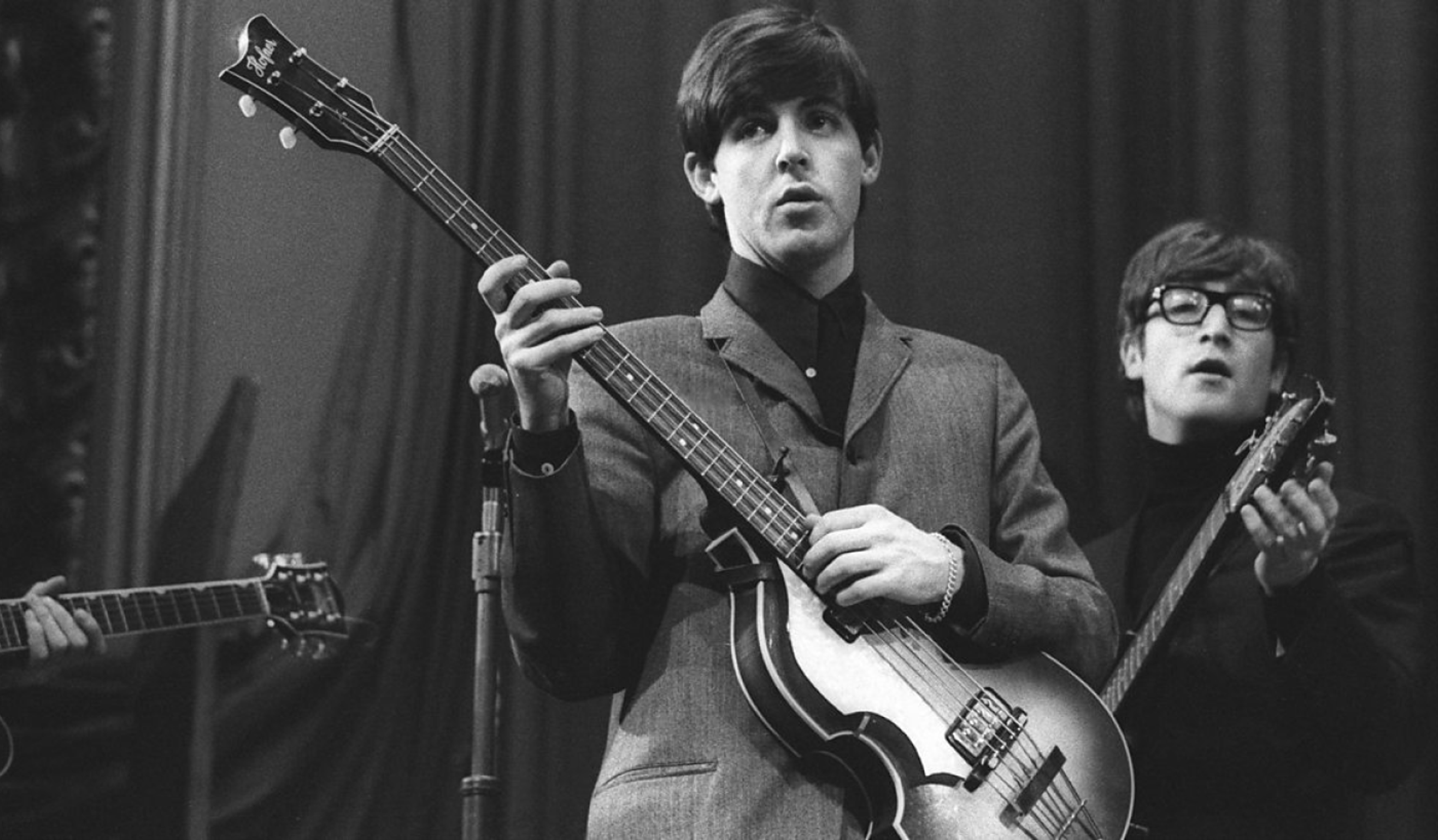Paul McCartney always there

Ralph Peskett
11.08.2022

Eric Clapton was annoyed the first time he watched The Beatles. The guitar player was supporting the band at the Hammersmith Odeon in 1965. After his set (with rhythm and blues outfit, the Yardbirds) he watched as John, Paul, George and Ringo took to the stage. But when they started to play, the sound of their instruments was drowned out beneath the shrieking of the audience.
There’s plenty of archive footage showing the delirium that gripped the world when the Beatles first catapulted to fame. Throngs of teeny-boppers elbow their way past lines of hapless British bobbies. Sobbing girls succumb to fainting spells at the sight of the fab four disembarking from a plane in the US. But does Beatlemania still exist in 2022? After Paul McCartney’s triumphant set at Glastonbury a few weeks ago, I’d say it does.
And not just because one fan – Lisa Morris, 50 – collapsed 25 minutes into the show. Having just celebrated his eightieth birthday, McCartney’s appearance at the pyramid stage made him the festival’s oldest ever headliner. With an estimated 100,000 people flocking to see the set, it was the most attended show in the festival’s history. The former Beatle delivered a set that was imbued with the sort of catchy optimism that made his song writing central to the band’s appeal.
Post genre, post-age culture
McCartney’s tour de force at Glasto tells us a few things about how culture has shifted in recent decades. Music fandom used to be a tribal affair. Which artist you listened to once denoted what clothes you wore, the places you’d hang out, and even what you thought about the major issues of the day. Today that’s less true. Looking at the audience at McCartney’s set at Worthy Farm there were plenty of boomer rockers, but also a host of other demographics. Perhaps in the age of Spotify, where there is less financial outlay (and perhaps emotional investment) in how we listen to music, people are able to flirt with a greater array of genres. The fact that you listen to a country music playlist doesn’t mean you wear a ten-gallon hat.
Nostalgia trip
For some, the presence of McCartney and his boomer contemporaries at the top of bills is a source of contention. The Rolling Stones have just played a huge gig in Hyde Park, and the BBC has launched a fawning series of documentaries examining the Stones’ at sixty. ABBA Voyage is an audio-visual reconstruction of the Swedish band in their prime. Why should groups that have been at the centre of our attention for five or six decades remain here? Because in the new media landscape, where everyone can listen to everything, groups with followings such as these don’t exist in the same way. With all the world’s music at your fingertips online, we’re more likely to explore and delve into new niches, there is less gravitating to the familiar. Meanwhile, platforms are getting better at helping us break the filter bubble and bringing us into contact with artists we haven’t heard – but are likely to love. A greater diversity of music (and musicians) can’t be a bad thing, but the dwindling number of uniting anthems like Hey Jude or Your Song is a loss. Beatlemania will exist as long as McCartney is around to play the numbers. Sheeran-mania just doesn’t have the same ring to it just yet.
We were lucky enough to work on the launch of his new website this summer. It’s fascinating what projects you get involved with as a digital product agency.
Related articles

Foodstuff – service with soul
4 min read


